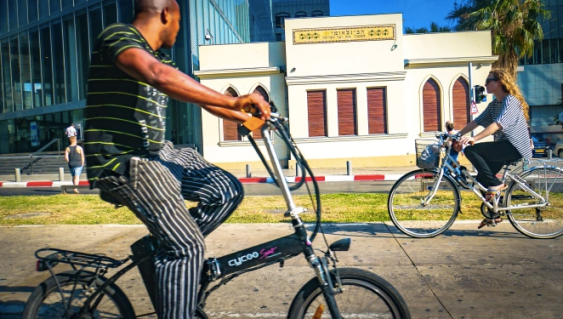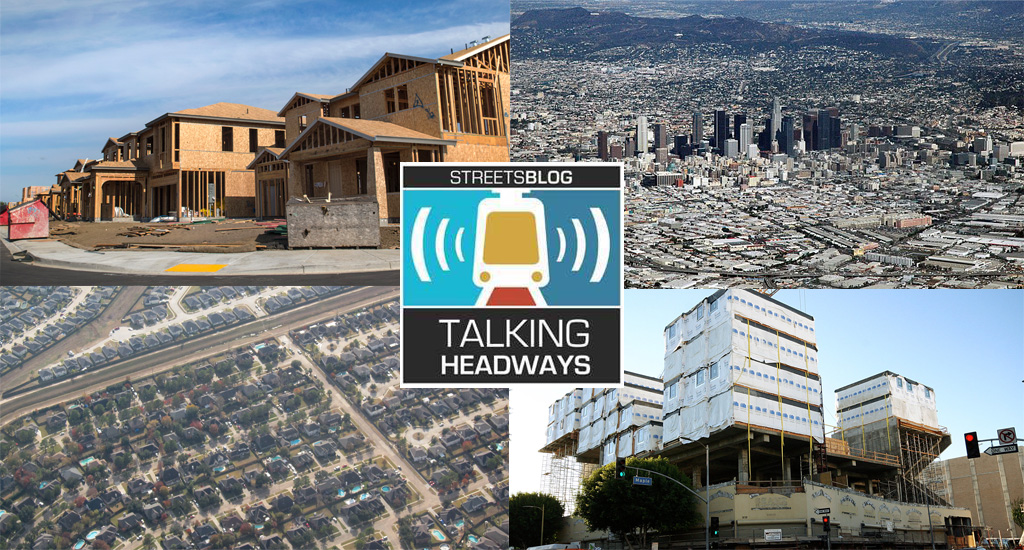Regulators must require drunk driving prevention technology on all new cars without delay, while simultaneously laying the groundwork for other tech solutions that could someday stop drugged, fatigued, and distracted driving, too, experts say.
On Thursday, a team of 13 traffic safety experts called on the National Highway Traffic Safety Administration to take a phased approach to its forthcoming "impaired driving prevention technology" requirement, by giving automakers the option, within three years, of either 1) installing "pre-start" alcohol detection technology that passively analyzes drivers' blood alcohol level before it lets them turn on the car, or 2) installing "rolling" driver monitoring systems that analyzes motorists' behavior or a wider range of impairment signs after a car is already in motion.
And later down the line — within four years, to be precise — the group says NHTSA should require automakers to install both kinds of tech.
That approach, the experts argue, would essentially force automakers to do something to stem the tide of impaired driving deaths on U.S. roads — especially when it comes to pre-start alcohol detection tech, which the group says is "ready to go" right now and could save 10,000 lives a year — while also requiring them to keep working on a broader range of solutions that could end all forms of impaired driving as we know it over time.
And it would also allow automakers space to work through the thorny political problem of getting consumers to accept new technology that makes it difficult or impossible for them to drive not only drunk, but stoned, distracted, fatigued, or otherwise impaired, despite decades of cultural messaging that's normalized many of those behaviors.
“The big question isn't, 'Is there technology to do it?,'" said Stephanie Manning, co-chair of the technical working group that authored the recommendation. [It’s], 'How do we get this implemented in a way that makes sense for consumers, the public, the industry, and all stakeholders — and how can we phase it in so that there is high public acceptance?'"
Manning, who's also chief government affairs officer for Mothers Against Drunk Driving, is well aware of how rocky the road to robust impaired driving technology requirement could be if NHTSA doesn't get the details right. Ever since the new rule was first approved by Congress in the Infrastructure Investment and Jobs Act of 2021, Republican legislators have been attempting to rescind it, and some have even questioned the tech's accuracy and compared it to a "kill switch" that will disable cars in dangerous situations simply because drivers blink or swerve on an icy road. Others have questioned the privacy implications of monitoring cameras, despite the fact that such systems generally act more like sensors, and the images they analyze aren't even stored (unlike the universe of other data collection devices installed on cars today).
Phasing in impaired driving prevention technology more gradually — but not too gradually — the group argues, would give the agency time to clear up misinformation about it and build public support, while also giving the technology industry time to contend with hazy legal definitions of what "impaired" really means when alcohol isn't involved.
“The threshold for action on alcohol is very clear: it’s 0.08," said Jeff Michael, the group's other co-chair and a distinguished scholar at the Johns Hopkins University Center for Injury Research and Policy. "The threshold for action on fatigue, on distraction, on other impairments; that’s not as clear. When do you intervene? When do you not intervene? What sorts of interventions are most appropriate and most effective? There's some unanswered questions here that research is needed to confirm, and we want to do that as fast as possible — we just don't want to hold up the alcohol portion [in the process].”
Both Michael and Manning emphasize that America needs to take action to end all forms of impaired driving, and they understand that some advocates may be impatient to get every available technology on new cars as fast as possible. If NHTSA can move carefully and quickly, though, they hope it will mean a smoother road for impaired driving prevention technology — and eventually, a policy that sticks.
“If it was up to us, and didn't think we'd run into problems, we would say, ‘let's do it all, and let's do it all yesterday,’" said Manning. "However the industry can get there, the goal is the same: we want to save lives and prevent injuries, because these crashes are 100 percent preventable.”
To support the recommendations of the Technical Working Group, organizations and individuals can submit comments to the Federal Register, by Tuesday, March 5. Supporters are particularly encouraged to submit a personalized cover letter along with the TWG’s recommendations, or their own comments.





